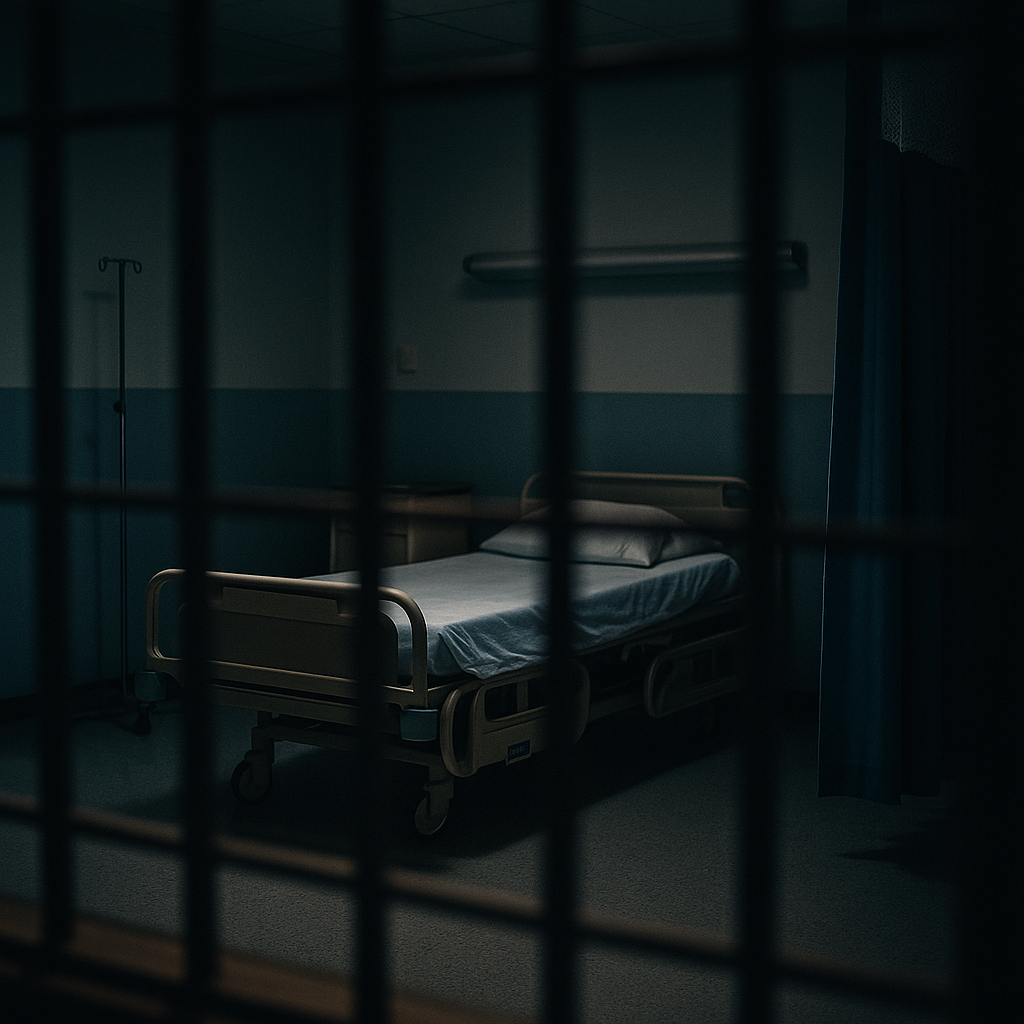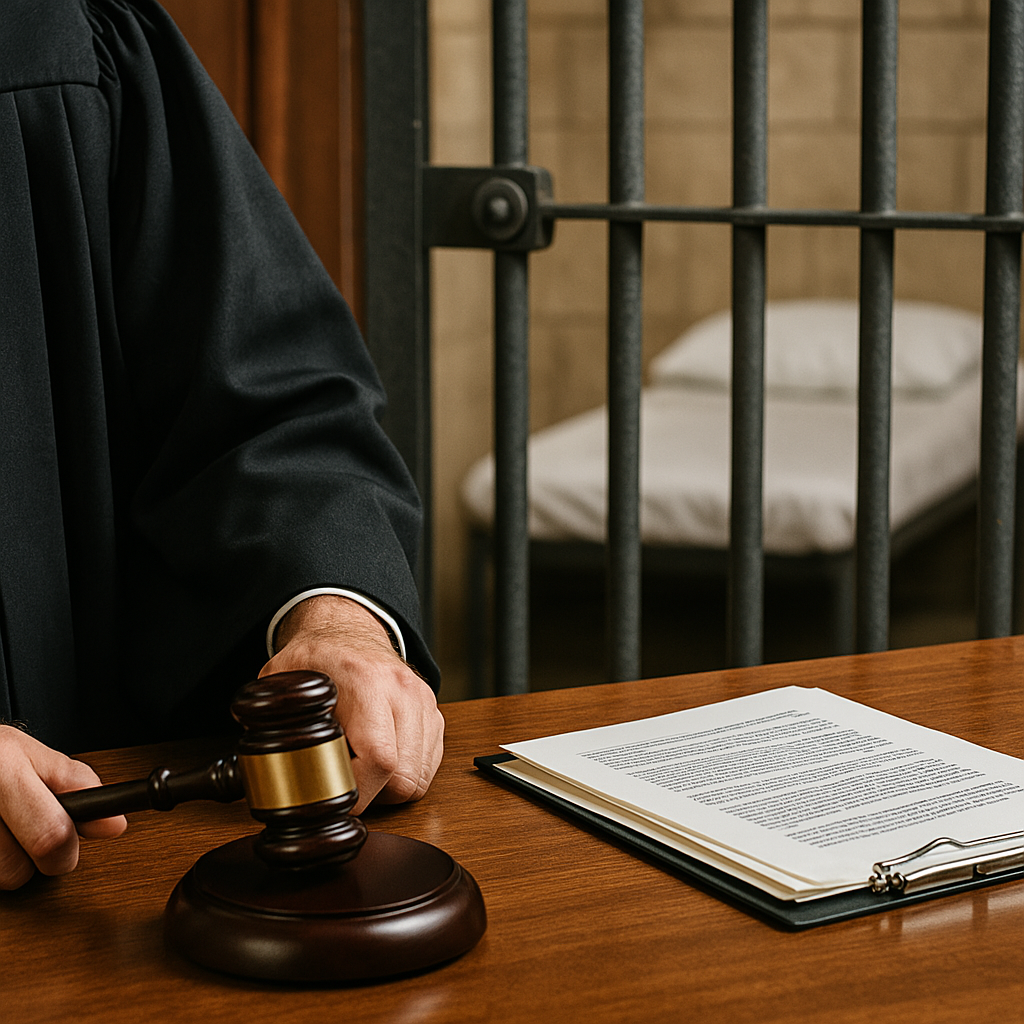Hospital Settles Lawsuit Over Inmate’s Death After Denied Care
A hospital in Washington state has agreed to settle a wrongful death lawsuit involving the death of an inmate who was denied necessary medical treatment while in custody. The case, which has drawn national attention, raises serious questions about how incarcerated individuals are treated when they require urgent care.
The lawsuit was filed by the family of a 37-year-old man who died in 2020 while in the custody of the Yakima County Jail. According to the complaint, the man suffered from a treatable condition that worsened over several days. Despite repeated pleas for help and visible signs of distress, jail staff and medical personnel allegedly failed to act until it was too late.
The man was eventually taken to a local hospital but died shortly after arriving. The lawsuit claimed that the hospital staff also contributed to his death by failing to provide timely treatment once he was admitted. Medical records and expert testimony submitted in court indicated that earlier intervention could have saved his life.
As part of the settlement agreement, the hospital will pay an undisclosed sum to the deceased’s family, and the jail has pledged to implement new training protocols for medical emergencies. Neither the hospital nor jail officials admitted wrongdoing.
Civil rights attorneys argue that this case highlights a broader issue in the U.S. correctional system—how incarcerated individuals often face delays in care that would not be tolerated in other settings. “There is a constitutional obligation to provide medical care to prisoners,” one legal expert said. “When that duty is neglected, it becomes a matter of life and death.”
This lawsuit is just one of many filed in recent years alleging medical negligence in correctional facilities. Public health advocates are urging more oversight, clearer protocols, and better coordination between jails and hospitals when inmates are in crisis.
The family of the deceased says their goal is to prevent others from suffering the same fate. “He asked for help, and no one listened,” said the man’s mother. “We don’t want any other family to go through this.”
The case adds to the growing body of legal pressure pushing jails, hospitals, and local governments to address systemic failures in treating vulnerable populations behind bars.



